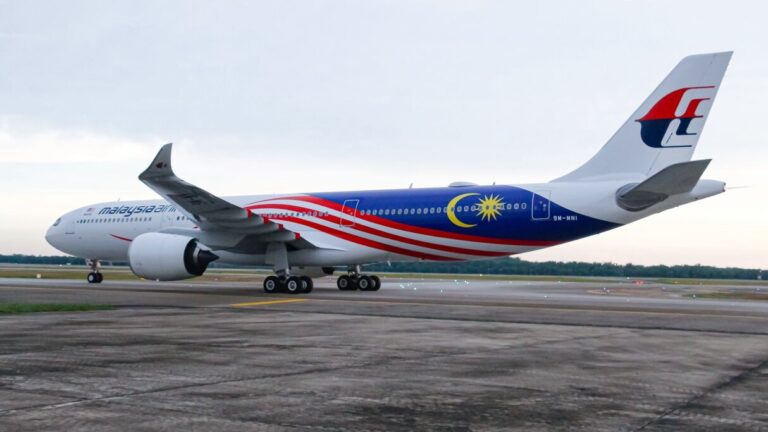
Malaysia Airlines has announced the resumption of its direct flights between Kuala Lumpur and Brisbane, marking a significant milestone in the airline’s expansion efforts. The service, which had been suspended in March 2023 due to economic challenges, is set to recommence on November 29, 2025.
The Kuala Lumpur (KUL) to Brisbane (BNE) route will operate five times weekly, excluding Mondays and Wednesdays for outbound flights and Tuesdays and Thursdays for inbound flights. The airline will utilize Airbus A330-300 aircraft, each featuring 290 seats 27 in business class and 263 in economy class. The flights are scheduled to depart Kuala Lumpur in the evening and arrive in Brisbane the following morning, providing convenient connections for both leisure and business travelers.
The reinstatement of this route is expected to have a positive impact on Queensland’s economy. The Queensland Government anticipates that the service will deliver over 75,000 inbound seats annually, generating approximately $54 million for the local economy in its first year of operation. The increased connectivity is also expected to boost tourism and export opportunities, benefiting local businesses and creating new employment prospects.
Brisbane Airport CEO Gert-Jan de Graaff expressed enthusiasm about the return of Malaysia Airlines, highlighting the airline’s extensive Southeast Asian network and strong connections to Europe and India. He noted that Malaysia is Queensland’s seventh-largest export destination, and the restoration of non-stop air connections is vital for exporting perishables, including Queensland beef, to Malaysia.
Looking ahead, there are plans to gradually increase the frequency of the Kuala Lumpur–Brisbane flights from five times a week to daily within the first three years of operation. This expansion reflects Malaysia Airlines’ commitment to meeting growing demand and enhancing connectivity between Southeast Asia and Queensland.
The return of Malaysia Airlines to Brisbane underscores the airline’s dedication to strengthening its presence in the Asia-Pacific region and fostering economic growth through enhanced international connectivity.

